Turkey's best and brightest flee in brain drain
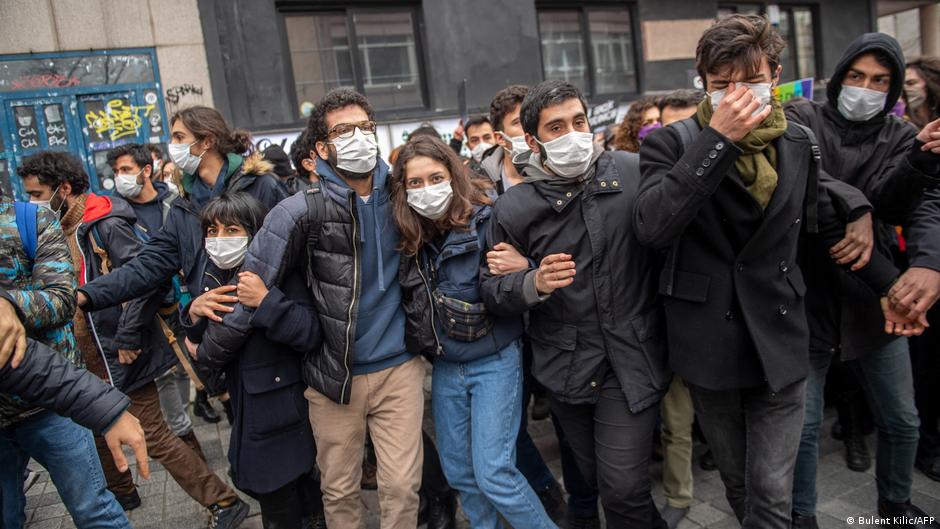
Recently in Turkey, the concept of "beyin gocu" or 'brain drain' has once again become the focus of debate. An increasing number of the country's best and brightest minds see a future for themselves overseas – many have already turned their backs on their homeland. Critics say the government of Recep Tayyip Erdogan is itself promoting this trend by offering too few prospects to qualified Turks and even stigmatising them.
The criticism has intensified since protests broke out at Istanbul's renowned Bogazici University in January after Erdogan appointed an unpopular rector loyal to his ruling AKP party. The police cracked down heavily on the demonstrations, and politicians have described the student protesters as "terrorists" or even "perverts".
Critics warn that such hostility also leads young Turks to emigrate. A recent survey by the Turkish research institute Metropoll confirms exactly this trend: 47 percent of Turks would like to study or work abroad. For some years now, it has been observed that especially university graduates and highly skilled workers decide to leave the country in order to "start over again".
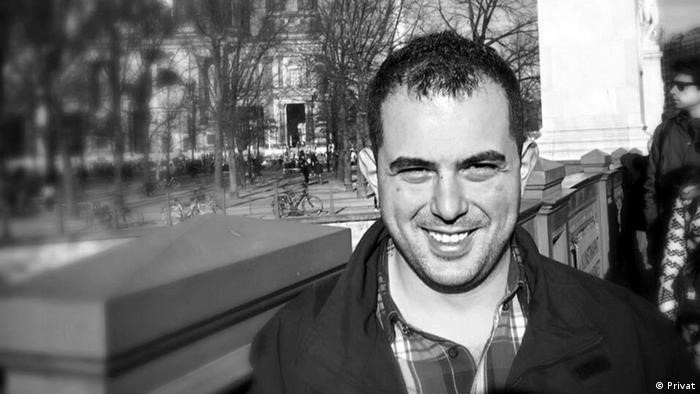
"We just want respect"
Zeki Ozturk, who studied philosophy at the prestigious Middle East Technical University (ODTU) in Ankara, also spent some time at Berlin's Humboldt University before deciding to return to Turkey.
Due to increasing political repression, however, he came back to Germany in 2017. Like many of his peers, he is dissatisfied with the situation in his home country.
"We just want respect," he explained. "People with a good education used to command more respect. Now you can be as well-qualified as you like, you don't get any respect."
His homeland is on a negative trajectory, says Ozturk. "Turkey does not have just one profile, nor just one faith. It is literally a mosaic. Nevertheless, dissenting opinions are no longer accepted. The time will come when even the presence of some people is no longer accepted," he fears.

"I could not offer him a childhood like mine" in Turkey
Ezgi Unsal, who studied food engineering at ODTU and works for a global food chain, decided to leave when she became a mother.
She and her husband have been living with their 5-year-old son in Dusseldorf since last year. "It was clear that I could not offer him a childhood like mine," she said.
Though it used to be common for students to march in the streets in Turkey, she said now she would try to prevent her child from taking part in protests.
She said she and her husband thought it was very important for their child to grow up in an environment where he could express himself freely.
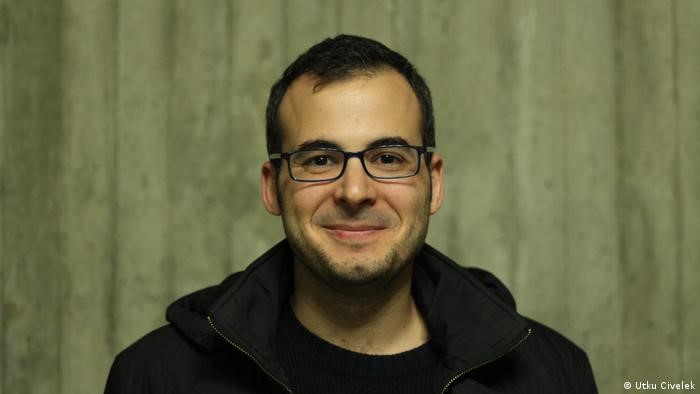
"A loss of academic freedom"
Selim Ozgen is another highly qualified university graduate who is currently trying to forge a new life for himself in Germany. He studied at Bogazici University before doing a PhD at ODTU.
In Germany since 2017, he said it was very difficult to leave Turkey and his loved ones, but he felt he had no other choice. "It was during the Gezi protests of 2013 that I had to acknowledge disappointedly that those who criticised things were subjected to pressure," he recalled.
The recent suppression of the student protests at Bogazici University in Istanbul have made it even clearer to Ozgen that the government will stop at nothing when it feels challenged. He is worried about the loss of academic freedom in Turkey. "Once it is gone, it is not easy to retrieve. This will have devastating consequences," he warned.
"Too few prospects "
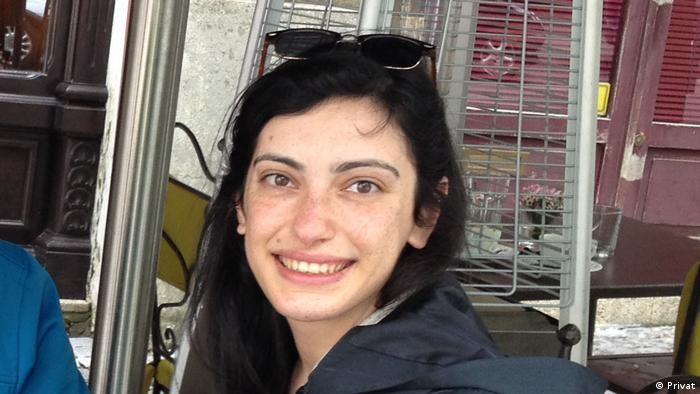
Oya Ayturk, who is also a graduate of Bogazici University, decided to "start again from scratch" in Germany after obtaining a master's degree. She accepted a job in Frankfurt and has built a new life for herself.
"I always thought I would just work a couple of years and come back, but it's been 10 years now. I never found the motivation to go back," she admitted.
She said there was not enough to keep young graduates in Turkey where they did not feel they could fulfil their potential.
"Why else would we opt for this difficult path? We arrive here and build a new life from scratch. It's not that enjoyable to live in a country where you don't speak the language," she said.
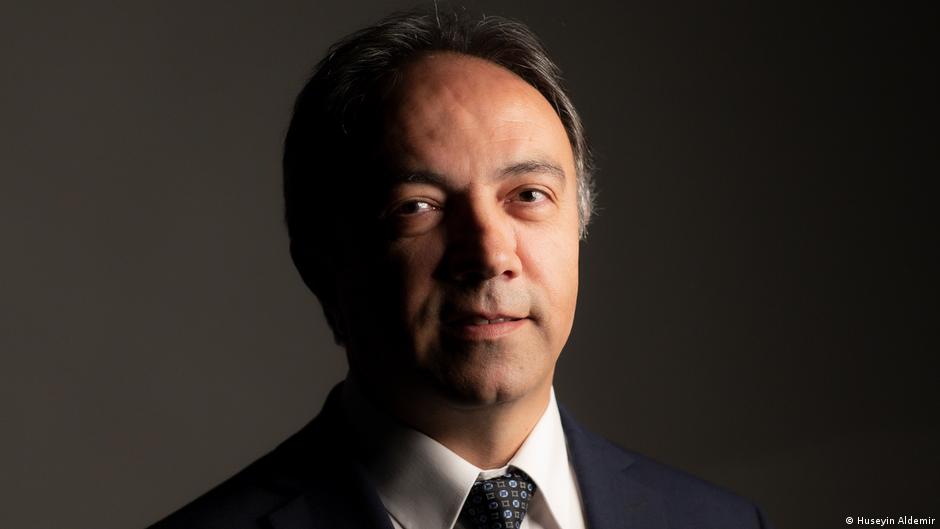
According to the Metropoll survey, 22% of those who want to study abroad would like to go to Germany.
Ayhan Kaya, a professor of politics and migration studies at Istanbul's Bilgi University, attributes this to the fact that there has been a considerable Turkish community in Germany since the 1960s; in fact, it's home to the world's largest Turkish diaspora.
Kaya pointed out that emigrants, whether or not they are qualified, tend to seek out the already-existing networks of a diaspora.
He said young Turks were particularly drawn to Berlin. "The considerable educational opportunities, the multicultural and cosmopolitan atmosphere, as well as rich cultural life are the most important reasons," he said.
Germany's capital is followed by the western cities of Dusseldorf and Cologne, as well as the central city of Frankfurt.
Sinem Ozdemir & Daniel Derya Bellut
© Deutsche Welle 2021
